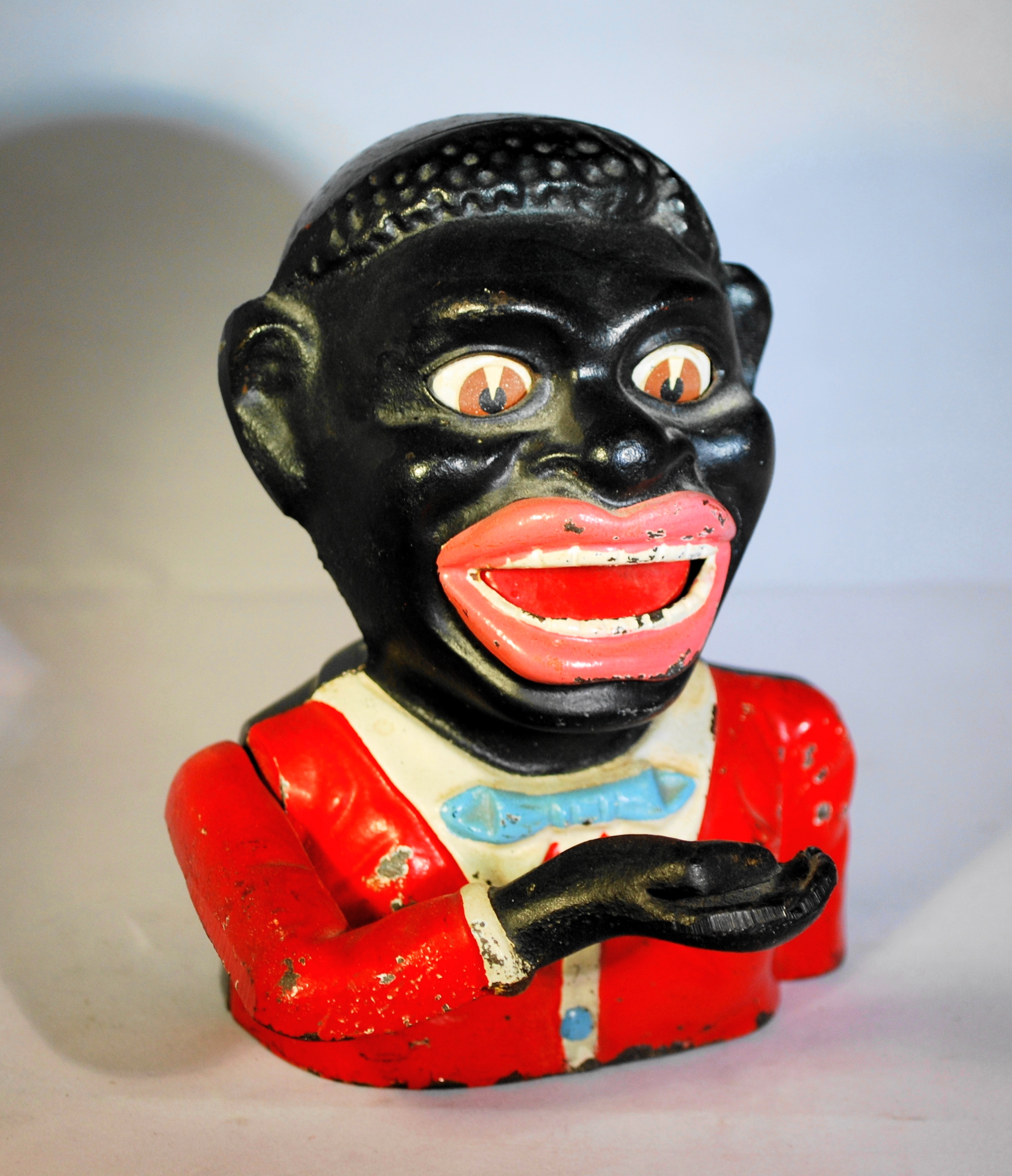One of the main topics in Toni Morrison's Beloved is slavery and the power systems left in it's absence. Specifically, The novel discusses both the perpetuation of slavery, the way in which people chose to support it during and after it was supposedly "ended". She also focuses on the way people proved they were better, and how they rationalized staying that way.
One of the main Topics discussed in both beloved and it's analytical essay, written by Heather Duerre Humann is the scientific racism that occurred as a justification for the inhumanity which they practiced. One of the most important parts of slavery was the way in which it was rationalized that colored people were inferior, and the psychological impact upon the people who were victimized. Schoolteacher practices this most often, doing measurements and questioning them, all to prove that they are inferior. He also teaches his nephews to do the same, asking them to list "her human characteristics on the left, her animal on the right, and... line them up" (108). This results in many of the psychological traumas which Sethe suffers from throughout the novel. She uses this justification in her head when she kills beloved, that "[nobody] would list her daughter's characteristics on the animal side of the paper" (141). She also remembers it when Paul D tells her how many feet she has, breaking their relationship (94). Humann supports this in her essay when she states "she is responding to Schoolteacher...as she attempts to defy his label of her." (Humann, 65)
This rationalization of slavery psychologically wounds all slaves, which is something that Toni Morrison wanted to point out to us all.
 |
| This image was used to promote the idea that black people were less than human, one of the ways in which slavery was rationalized |
| A picture from the movie beloved showing the lack of a father |
succeeded in transforming a human being into something less than human." (Humann 66) He becomes unable to open his "rusted tobacco tin" and thus love anyone. Because of the lack of love, he begins to feel restless and uncomfortable, moving around the house to sleep in different areas, always unconsciously wanting to move on. This prevents him from occupying a place in the family unit, and destroys any chance that he has of staying long term.